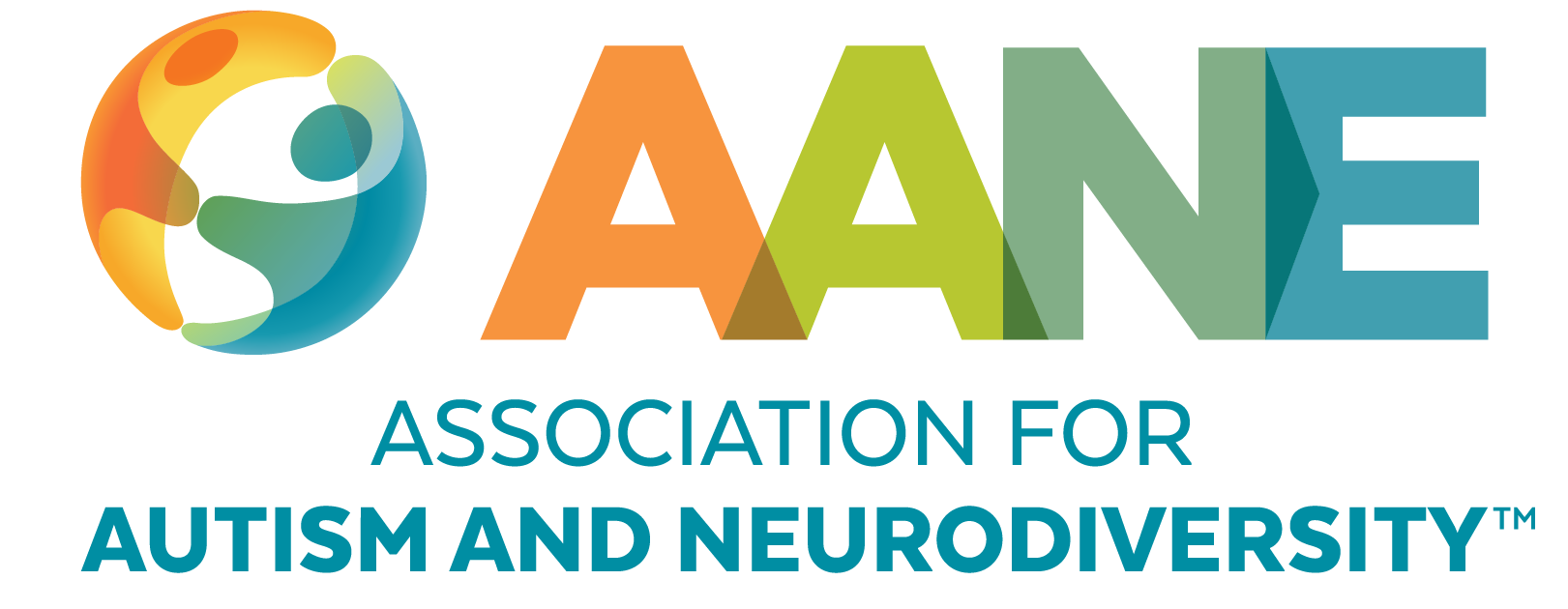
AANE has a new website.
We’re sorry, the page you are looking for cannot be found.
Oops! Something went wrong here.
We can’t find the page you’re looking for. You can go back, start over from the main page, or try to search for the page.
Stay Current
Subscribe for AANE weekly emails, monthly news, updates, and more!
